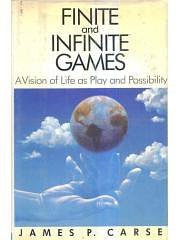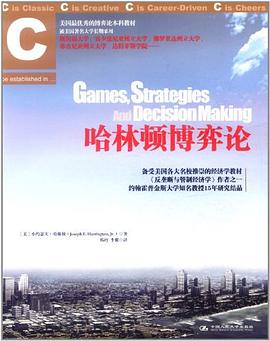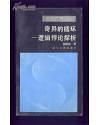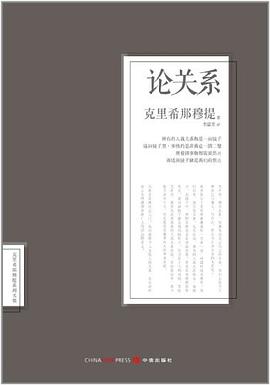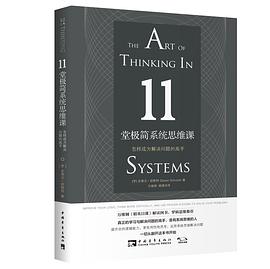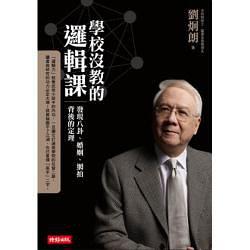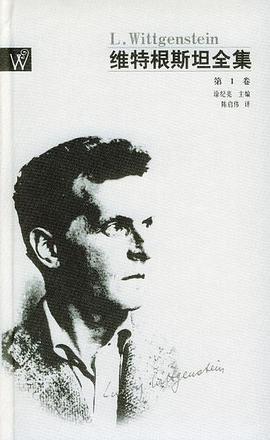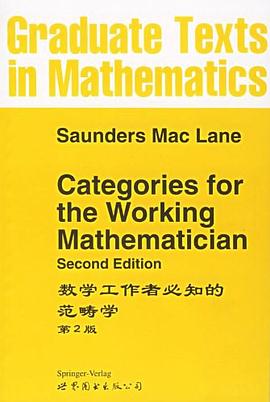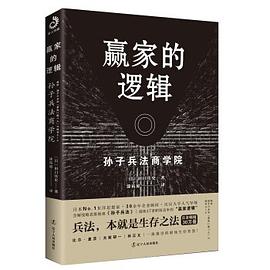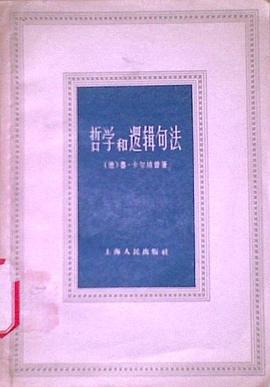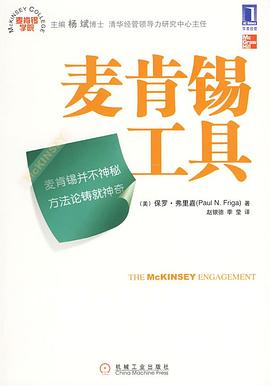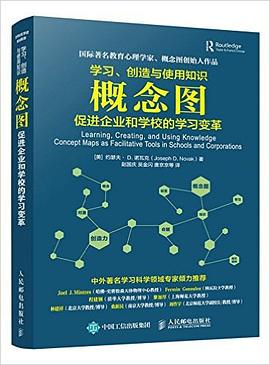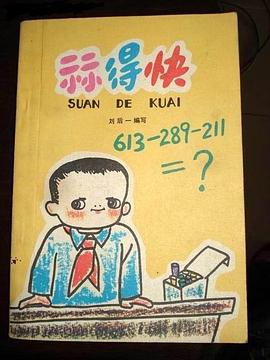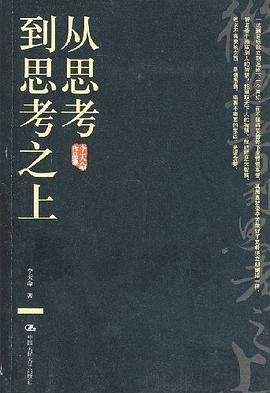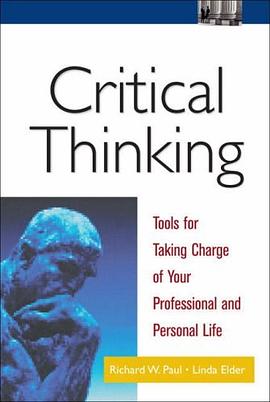

具體描述
Critical Thinking is about becoming a better thinker in every aspect of your life: in your career, and as a consumer, citizen, friend, parent, and lover. Discover the core skills of effective thinking; then analyze your own thought processes, identify weaknesses, and overcome them. Learn how to translate more effective thinking into better decisions, less frustration, more wealth Q and above all, greater confidence to pursue and achieve your most important goals in life.
著者簡介
Dr. Richard Paul is founder of the Foundation for Critical Thinking and director of research and professional development at the Center for Critical Thinking. He is an internationally recognized authority on critical thinking, with nine books and more than 200 articles on the subject. His views on critical thinking have been canvassed in the New York Times, Education Week, The Chronicle of Higher Education, American Teacher, Reader’s Digest, Educational Leadership, Newsweek, and U.S. News & World Repor t.
Dr. Linda Elder is an educational psychologist, executive director of the Center for Critical Thinking, and president of the Foundation for Critical Thinking. She is highly published and has a special interest in the relationship between cognition and effect, or thought and emotion. She has developed an original theory of the stages of critical thinking development. She is highly sought after as a speaker, and is a recognized leader in critical thinking.
The works of Linda Elder and Richard Paul have been translated into many languages including Spanish, French, German, Italian, Japanese, Polish, Chinese, Turkish, Greek, Thai, and Korean. The growing demand for translations into increasing numbers of languages testifies to the emerging international recognition of the importance of critical thinking in human life. And it is a testament to the contributions of Paul and Elder to the growing field of critical thinking studies.
圖書目錄
讀後感
法国著名社会心理学家古斯塔夫•勒庞在那本大名鼎鼎的《乌合之众》一书中,曾经生动而深刻的对作为社会群体的个体思维过程进行过淋漓尽致的描述,即群体自觉个性的丧失,群体化的冲动、偏执和专横,因此特别容易被简单粗暴的口号或者形象所煽动;群体只接受最简单的概念,只...
評分人是会思考之芦苇,因其草木,所以孱弱,而唯有思考,令其强大。一念天堂,一念地狱,思考决定了人生的高度。一百多年前康德说过一切哲学始于批判,而今日美国心理学家理查德·保罗和琳达·埃尔德告诉我们真正的思考是建立批判性的思考模式,也...
評分这是一本思维技巧的书籍。思维上的有些东西看似好理解,但要实实在在的为己所用却并非一件简单的事情。这本书是美国人写的,固然在一些思维的习惯上与中国人有着很大的差别。不要说作者所阐述的思维有多么精妙,终归它是要运用于现实的生产生活当中的。建议去读一读,可我并不...
評分1.思考的一般结构 1)无论何时,我们都是有目的的思考。 2)在一定的观点范围内。 3)基于假设。 4)引出含义或结果。 5)使用数据、事实及经验。 6)形成推断及判断。 7)基于概念和理论。 8)以回答问题或解决问题。 2.思考的一般结构所包含的问题 ...
評分第四章 思维的八种要素。 1.任何思考过程都要有目的(purpose) 2.思考过程为了解决问题(question),同时通过提问指引我们的思考过程 3.思考时会有一个看待问题的视角(point of view) 4.寻求答案的过程中需要信息(information) 5.思考中要对信息进行解读与诠释(interpre...
用戶評價
第三本critical thinking原版,8 elements+9 standards 助你思考一臂之力
评分第三本critical thinking原版,8 elements+9 standards 助你思考一臂之力
评分蠻基礎的一本書
评分就內樣吧。。。沒什麼感覺
评分基於對自己的egocentric thinking的存疑,我給這本書打三星,因為這本書廢!話!太!多!一大堆描述現象,很少深入剖析原因
相關圖書
本站所有內容均為互聯網搜索引擎提供的公開搜索信息,本站不存儲任何數據與內容,任何內容與數據均與本站無關,如有需要請聯繫相關搜索引擎包括但不限於百度,google,bing,sogou 等
© 2025 book.quotespace.org All Rights Reserved. 小美書屋 版权所有


